China demand for steel cooling, says BlueScope

BlueScope Steel chief executive Paul O'Malley says the days of high growth in Chinese steel demand are over and builders are moving from
"What we're seeing on the ground is a significant reduction in confidence domestically within
"Yes there is still growth but the hey day is over. It may well return, but at the moment the hey day is over."
BlueScope is one of
"I've been saying for a couple of years that I think
"As a global trend we are seeing customers that were building in
His comments come as mining heavyweights BHP and Rio Tinto are racing to bring hundreds of millions of additional tonnes of iron ore - which is used in steel making - to market to feed Chinese construction.
The BlueScope boss believes
"We do have a lot of people who used to work in BHP Minerals in our business and their comment is: 'the miners will ultimately always over do it'. I think that's playing out," Mr O'Malley said.
"
While
Mr O'Malley said the combination of cheap energy, flexible labour rules that allow rapid hiring and firing, and significantly improved budget positions at state level are fuelling growth in the world's biggest economy.
"You'd have to work really hard to stop the
All of BlueScope's businesses in the
In the last four years BlueScope has booked impairments totalling $1.6 billion on its Australian steel operations, closed one of its Port Kembla blast furnaces and pared about 2000 jobs to recover its cost base.
However, a resurgence in residential construction in
From 2012-13 to 2013-14 BlueScope's Australian business went from a $30 million pre-tax loss to $60 million profit.
"Absolutely the dollar helped; absolutely domestic growth helped; and absolutely our cost reductions helped," Mr O'Malley said.
"I'd love the dollar to come down more. But 87¢ [
Mr O'Malley said it would take a number of years with a significantly lower dollar for Australian manufacturing to really recover.
"The challenge is that we were above parity for so long that there was some destruction of our underlying domestic manufacturing base," he said.
"We need three or four years of sustained lower exchange rates and we will get people to invest in businesses that previously went offshore."
XINSTEEL INFORMATION

 +86 371 55057610
+86 371 55057610  inquiry@xsteelplate.com
inquiry@xsteelplate.com


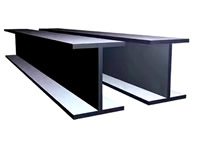
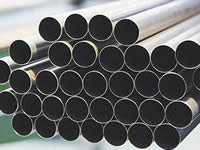
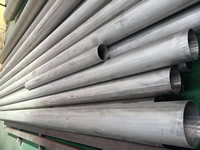
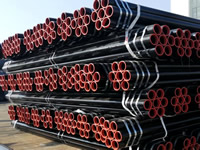
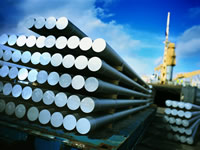

 Tel:+86 371 55057610
Tel:+86 371 55057610  Fax: +86 371 5505 7611
Fax: +86 371 5505 7611